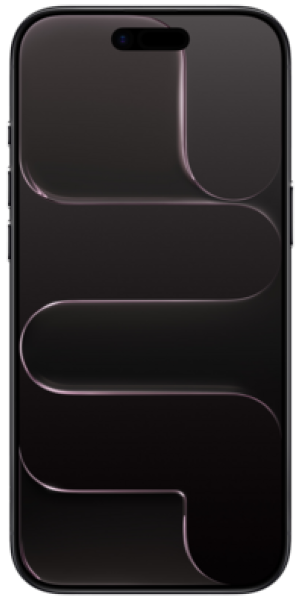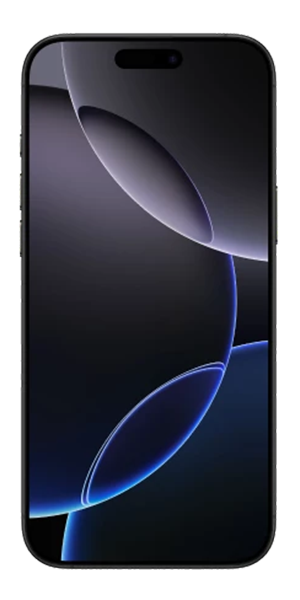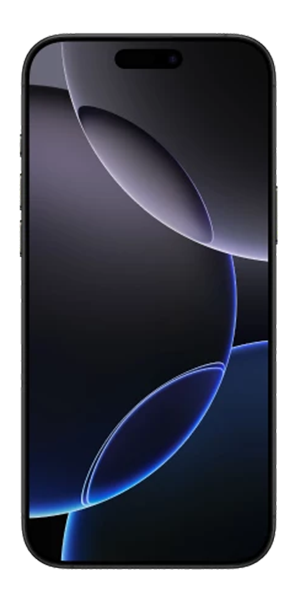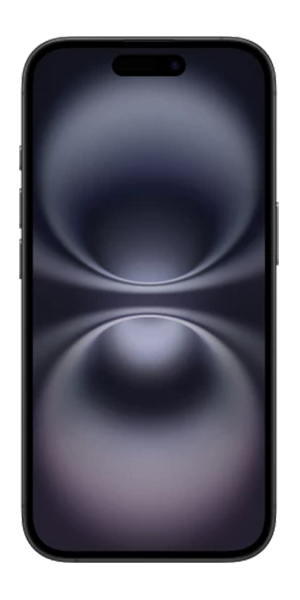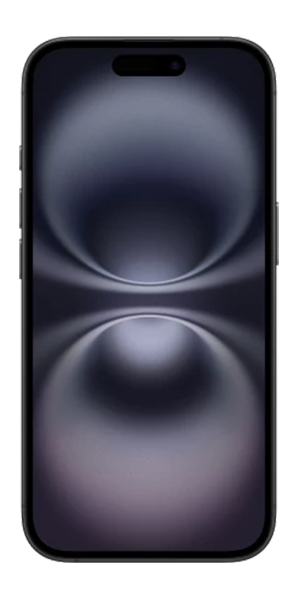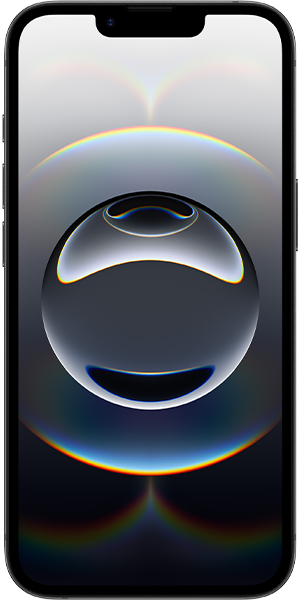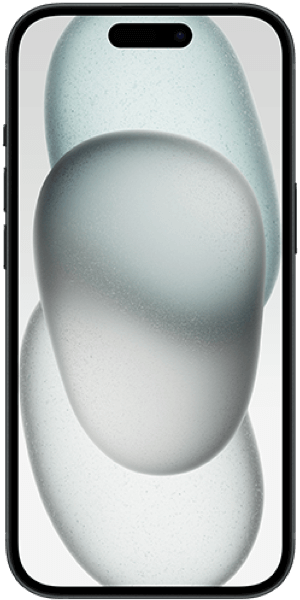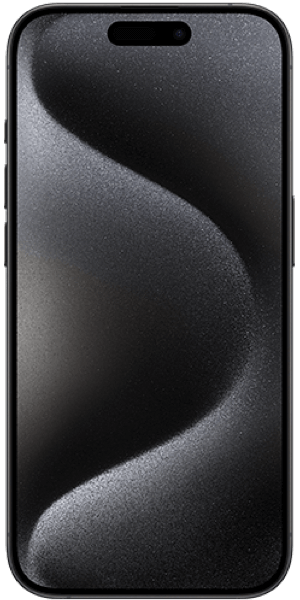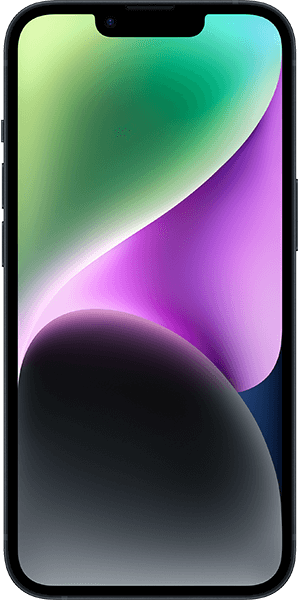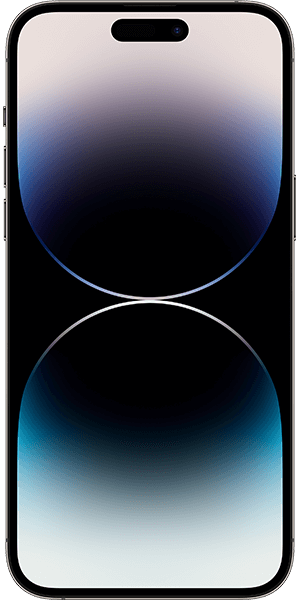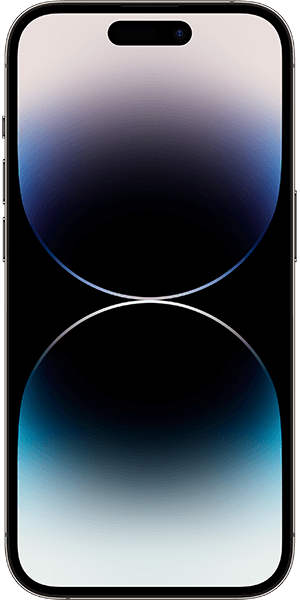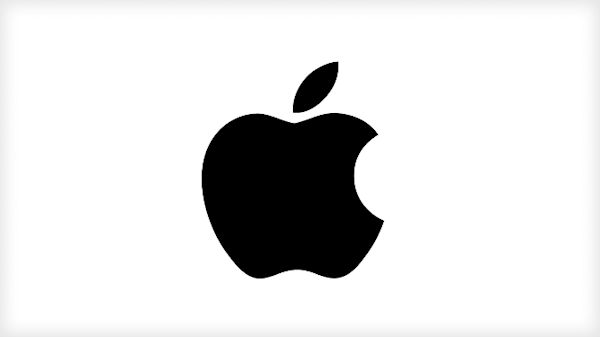
If you’re looking for a deal on a brand new Apple iPhone, you’ve come to the right place. Compare deals on iPhones from plenty of UK networks using the comparison tables above – or if you’d like a little more guidance first, keep reading.
How to find the best iPhone deal
The best way to find the iPhone deal for you is by using our comparison engine. When looking for the best deal for you, consider:
- Do you want a new handset, or would you rather save money (and help the environment) with a refurbished model?
- How much monthly data do you need? According to Ofcom. the average UK mobile customer uses 9.9GB of data per month.1
- What’s your budget? How much can you pay monthly, and how much can you pay upfront?
- Which networks do you like? Can you get an existing customer deal from your current network?
- Do you have a handset to trade in and offset the cost?
Which iPhone handset should I get?
You aren’t short on choice for iPhones, with new models unveiled every year and a back catalogue going back over a decade. The question is, what do you want from your iPhone? The most up-to-the-minute tech? A lower-priced budget option? Or a certain screen size? Here are a few things you might want to consider:
- Latest iPhones – the most recent release was the iPhone 17 series and the iPhone Air, released in September 2025.
- Older-gen iPhones - you can get great deals on older handsets, like the iPhone 14, iPhone 13, iPhone 12, and even the iPhone X.
- Smaller size iPhones – on the other hand, you might prefer a more pocketable design. In which case, you could consider the iPhone SE (2022), which has 4.7-inch display and an old school, Touch ID design. Apple has discontinued the iPhone 13 Mini, but some networks may still carry refurbished models.
- Price – older models are always cheaper than the latest releases. Smaller-sized phones will be cheaper than larger ones, too, and the standard model will cost less than the ‘Pro’ and ‘Pro Max’ versions. You can also look into refurbished handsets for a bargain.
- Best camera – for stunning high-res snaps and video, you should opt for the ‘Pro’ and ‘Pro Max’ models, which feature a triple camera set-up. You’ll also likely want an iPhone as new as possible, though any iPhone released in the past few years will be good.
- Longest battery life – in general, a good rule of thumb is that the bigger the phone, the better the battery life. So you’ll find the most impressive battery life on Apple’s ‘Pro’ range of iPhones.
Latest iPhone contracts
- iPhone 17
- iPhone 17 Pro
- iPhone 17 Pro Max
- iPhone Air
- iPhone 16
- iPhone 16 Pro
- iPhone 16 Plus
- iPhone 16 Pro Max
- iPhone 15
- iPhone 15 Pro Max
- iPhone 15 Pro
- iPhone 15 Plus
Older iPhone models
- iPhone 14
- iPhone 14 Pro Max
- iPhone 14 Pro
- iPhone 14 Plus
- iPhone SE 2022
- iPhone 13
- iPhone 13 Pro Max
- iPhone 12
- iPhone 12 Pro Max
- iPhone 11
- iPhone SE 2020
- iPhone X
- iPhone 8
How to find cheaper iPhone deals
Top-of-the-line iPhones don’t come without a sky-high price tag, we’re afraid. But luckily, there are a few things you can do if you want a nice cheap iPhone deal:
- Compare your options – use our table to see what deals are on offer. Some networks’ iPhone contracts are considerably better value than others
- Pick a smaller sized handset – with less screen real estate to pay for, and less power under the hood to drive it, costs go down. So, the regular iPhone 14 will be cheaper than the no-holds-barred iPhone 14 Pro and Pro Max. You could even consider an iPhone SE, or the previous year’s iPhone 13 Mini
- Choose an older model – the most recent handsets will always be the most expensive. So, the older you go, the less you’ll pay. And with new iPhones being released every year, an older model will still feel pretty up-to-date
- Look out for existing customer deals – some networks, such as EE, reward loyal customers with access to exclusive deals
- Go with a budget network – plans from lower-cost networks like giffgaff have less in the way of features and extras, but make up for it with cheaper prices
- Buy through a reseller – such as Carphone Warehouse or Fonehouse. These companies buy plans in bulk for a lower cost, then pass the savings onto you
If you already have an iPhone and you're looking to upgrade, consider selling your iPhone for extra cash to put towards your next handset.
Which UK mobile networks offer iPhone deals?
iPhone deals are very easy to come by. In fact, you should be able to get an Apple iPhone from any UK network that offers pay-monthly contract. Bear in mind, though, that not all networks offer contracts on the very latest iPhone.
You can get an iPhone deal from networks such as:
- giffgaff – getting a phone contract with giffgaff is a little different to bigger networks, as it simply gives you the option to spread the cost of a handset. Nevertheless, if you can add a giffgaff SIM deal to it, you’ll get a flexible and affordable SIM plan that comes with inclusive EU roaming
- iD Mobile – depending on your plan, you could score a free few months of Apple TV+ or Disney+, or even some free headphones or smart devices. There’s also EU roaming included with all plans
- O2 – there’s O2 Priority, an exclusive reward scheme that gives O2 customers access to early bird tickets to gigs, as well as daily deals and discounts at shops and restaurants. Not to mention, many O2 contracts also come with entertainment subscriptions to the likes of Audible, Apple TV+ or Disney+. It also still has EU roaming
- Three – gets you free access to Virgin Media Wi-Fi hotspots, which covers the London Underground. Customers can also access exclusive offers from the likes of Cineworld and Caffè Nero, as well as presale tickets, via the Three+ loyalty app
- Vodafone – its rewards scheme, VeryMe Rewards, gives you weekly vouchers for high street shops and restaurants, as well as discounted cinema tickets and free treats
- EE – offers excellent coverage, and it’s the best for 5G coverage in the UK. Some of its deals come with Smart Benefits, which include subscriptions to the likes of BT Sport, Apple TV+, or Apple Music


